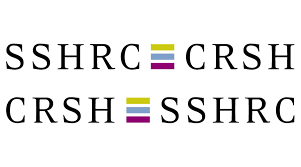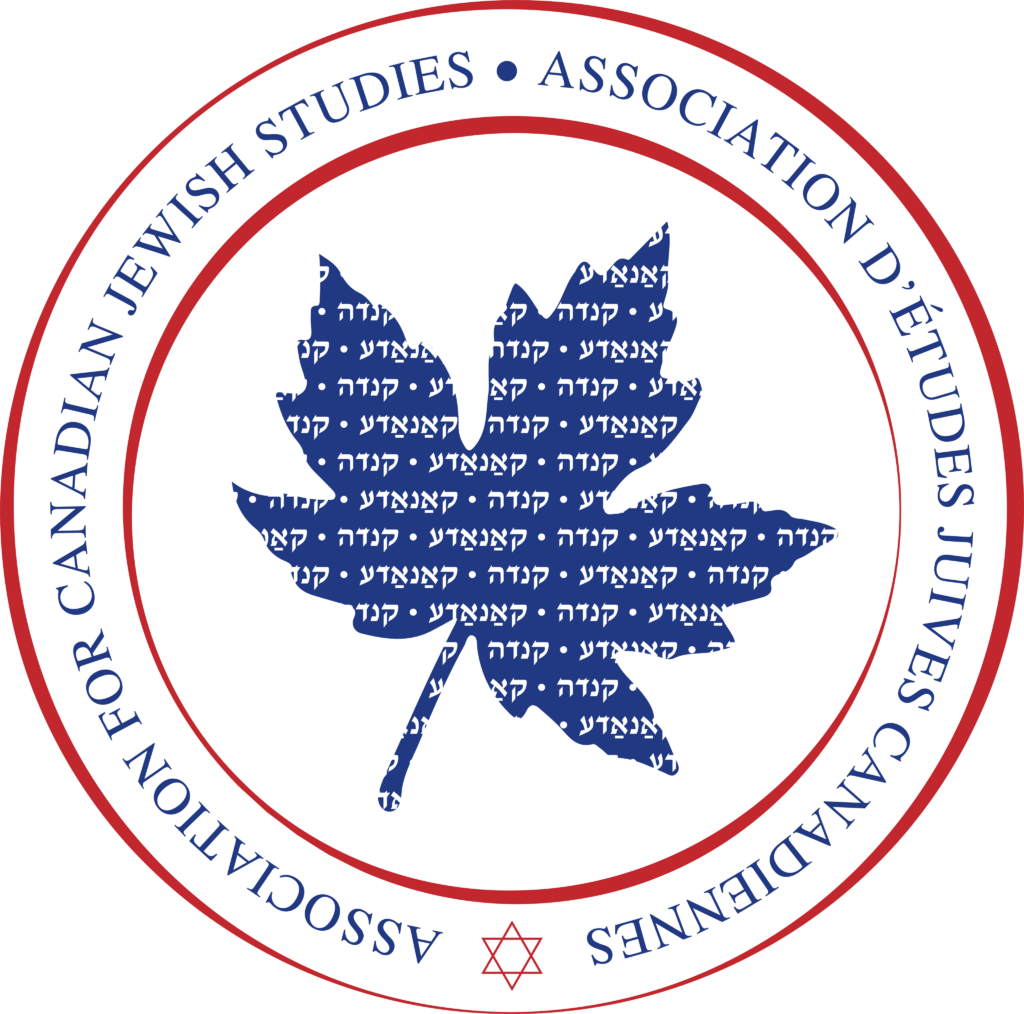Life and Literature of Jews from the Former Soviet Union: Amplifying New Voices in Canada
To be held at the Koschitzky Centre for Jewish Studies, York University
November 18 and 19, 2024
— “Enter the immigrant embodied in dreams and fears, torn between yesterday and tomorrow, walking the terrain of a new culture. For this person the need to understand what he or she has left behind and what is experienced here is crucial to survival.”
Arnold Itwaru, The Invention of Canada; Literary Text and the Immigrant Imaginary —
In the 1970s, Jews began leaving the Soviet Union en masse for Israel and North America. This exodus, which waxed and waned during the 1980s and 1990s, produced new immigrant communities in the United States and Canada. In the preface to his literary memoir, Immigrant Baggage: Morticians, Purloined Diaries, and Other Theatrics of Exile, Maxim D. Shrayer writes: “It has taken at least a generation for Soviet immigrants to find their literary bearings in the New World, and perhaps even longer to form a translingual neighborhood—a community—both in their own eyes and in the eyes of the American and Canadian cultural mainstream.”
Our conference aims to take stock of this contemporary "translingual" community in Canada—that is, of Canadian Jewry from the former Soviet Union (FSU) who came here directly or via Israel. We hope to investigate (and inspire future studies of) the life of this community and its identity formation on cultural, linguistic, religious, political, and economic bases. We wish to look especially at the ways its members express their Jewishness and Canadianness through literature/s.
This SSHRC-funded conference is interdisciplinary and is open to the use of diverse lenses and methodologies. The conference will aim to redress what sociologist Larissa Remennick described as “a broad social and cultural distance” between this immigrant group and the Canadian mainstream in her landmark 2006 study of former Soviet Jews in the Greater Toronto Area. We invite papers from sociologists, ethnographers, historians, literary scholars, and others whose work engages themes of diaspora, ethnicity, and immigration. We welcome research into different facets of this community’s experiences—of immigration, assimilation, and the evolving demands of acculturating to a different culture, language, and values, even in relation to older Anglophone and Francophone Jewish groups in Canada. Proposals may also focus on literary works that reflect the community’s lively and prolific culture of writing and translation, and voice its members’ varied histories and experiences.
The conference will feature panels led by scholars as well as “translingual” writers and critics, who will speak about the themes and concerns that are central to their work, and address the challenges confronting them and other writers seeking publication.
We will accept proposals on a wide range of subjects at the intersection of FSU Jewry, Canada, and literary studies, including but not limited to scholarship that treats:
- specific literary works—fiction and non-fiction, plays, poetry, etc.—by Canadian Jews from the former Soviet Union (FSU)
- lived experiences of immigration of the past fifty years using sociological, ethnographic, or historical frameworks
- the more recent displacement due to the war in Ukraine
- FSU Jewish life and/or literature in a comparative perspective
- transnational or cross-border relationships, movements, and/or artistic collaborations
- institutional responses to the community’s cultural and artistic presence and contributions
Papers presented at the conference will inform a special volume of the journal Canadian Jewish Studies / Études juives canadiennes.
The conference is organized by Olga Stein, David Koffman, and Joshua Tapper, with support from a SSHRC Partnership Engage Grant, the Koschitzky Centre for Jewish Studies at York University, the Ontario Jewish Archives at the UJA Federation of Greater Toronto, the J. Richard Shiff Chair for the Study of Canadian Jewry, and the Association for Canadian Jewish Studies. The conference will be held in Toronto on November 18 and 19, 2024.
Please send a one-page abstract (250 words) and a short bio by July 31 to Olga Stein .





